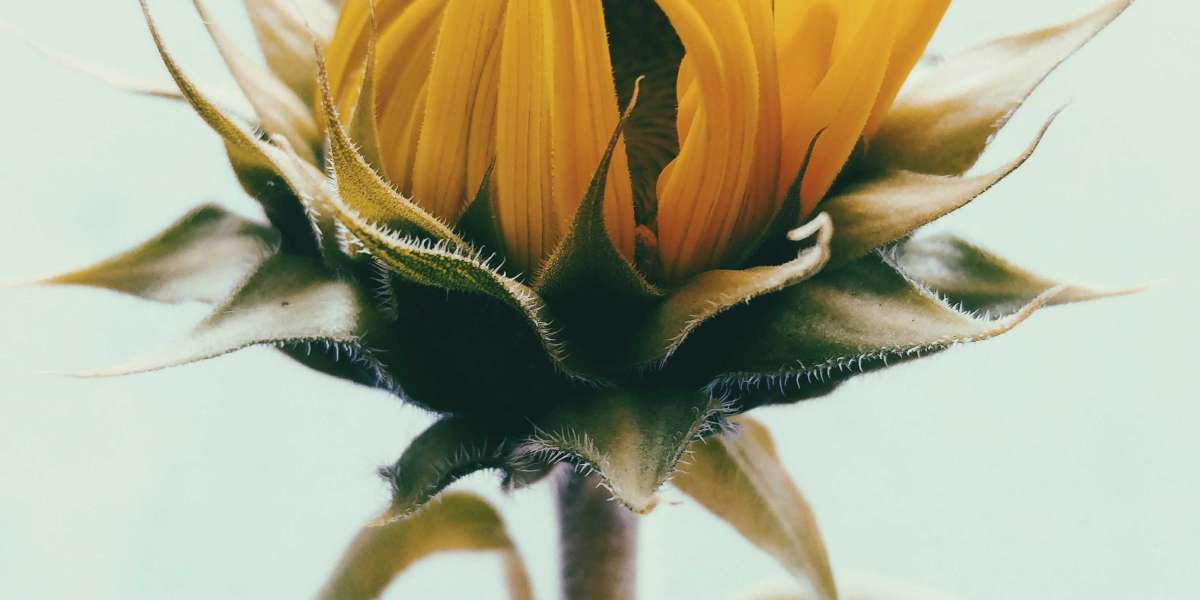There is a question that lives quietly inside us every single day. Sometimes it whispers. Sometimes it screams. It wakes us in the middle of the night and wraps itself around our thoughts even during moments of calm.
What happens to her when we’re not here anymore?
It’s a question no parent wants to face but for parents like us, who are raising a child with complex needs, it’s not a distant worry. It’s a daily presence. A constant companion. It’s the fear that lingers behind every decision, every plan, every bit of progress. Because we’re not just raising a child—we’re building a world around her that can hold her safely, gently, with understanding. And one day, we won’t be here to hold it up.
Our daughter, our beautiful, bright, loving daughter, is eight now. Diagnosed with autism and global developmental delay at three, she has reshaped our entire understanding of life. She is joy. She is wonder. She is deeply loved. And she also needs support real, ongoing, compassionate support that doesn’t just check boxes but truly sees her for who she is.
We have fought to get her the right school, the right care, the right recognition of her needs. And while that fight brought her to a place where she can be safe and supported now, the world beyond her childhood terrifies us. Because one day, she will outlive us. One day, she may wake up in a world where we are not there to advocate, to comfort, to translate her needs to people who still don’t understand what “complex” really means.
And what if that world fails her?
What if there’s no one there to know the way she likes things done, or what her different tones mean, or how sometimes she needs quiet without being left alone? What if they don't wait long enough for her to respond, or miss the magic in the moments where she finally does? What if no one fights for her like we do?
We don’t fear death for ourselves, we fear it for what it will leave behind.
We have tried to plan. We talk about guardians, about trusts, about supported living, about sibling roles and future networks of care. But planning doesn’t quiet the ache. Because the truth is, no one can be us. No one can replicate the bond we have with her, the depth of knowing that comes from living every second with her rhythms, her language, her way of being in the world.
The world, even now, isn’t ready. We see it in the sideways glances, the uninformed opinions, the services that come with waitlists and caveats. And if the world is this hard while we’re still here to buffer it, what will it be like when she faces it alone?
This is the grief that lives beneath the joy. The grief of knowing our time is finite, and the world is still learning how to be kind to people like our daughter.
We don’t want sympathy. We want change.
We want a world where people with complex needs are not an afterthought. Where inclusion is not a buzzword. Where understanding isn't optional. We want more than tolerance we want a deep, cultural shift toward valuing neurodivergent lives as fully, equally human, with all the richness, insight, and presence they offer. We want community, continuity, compassion.
And yes, some days we want to scream from the rooftops, “Please see her. Really see her. Know how deeply she feels. Know how much she gives. Know that she matters.”
But even in the fear, there is something else something bigger than the fear itself.
Love.
A love so fierce it breaks and rebuilds us every day. A love that makes us hold on tightly to the present, even as the future looms. A love that teaches us to make every day count. To build memories. To create security. To write letters, take videos, leave pieces of ourselves behind so that she will always know—she was loved beyond measure. Not because of what she could do or say, but because of who she is.
We can’t stop time. We can’t promise forever.
But we can love her with everything we have. We can teach others about her light. We can speak her name and share her story and fight to build a world that might just be a little softer by the time she needs it to be.
And maybe, just maybe, that will be enough.








